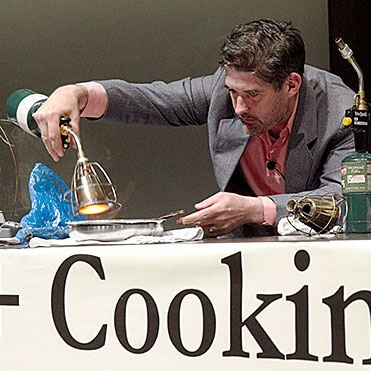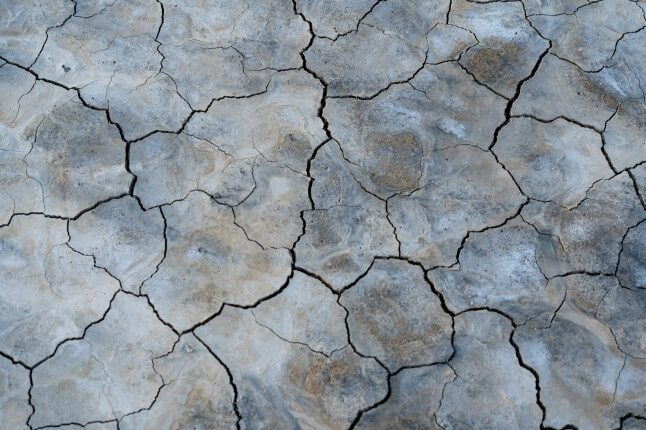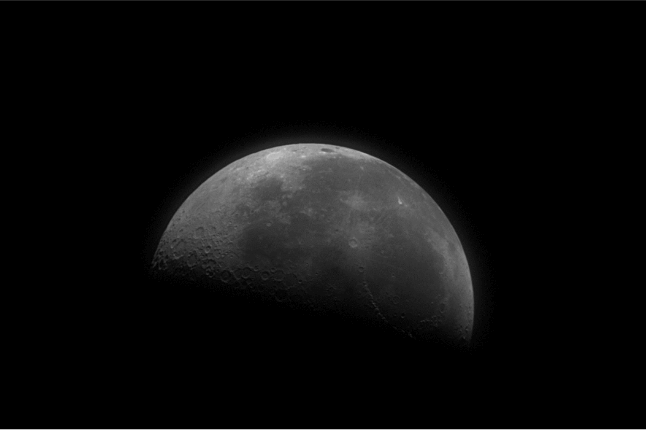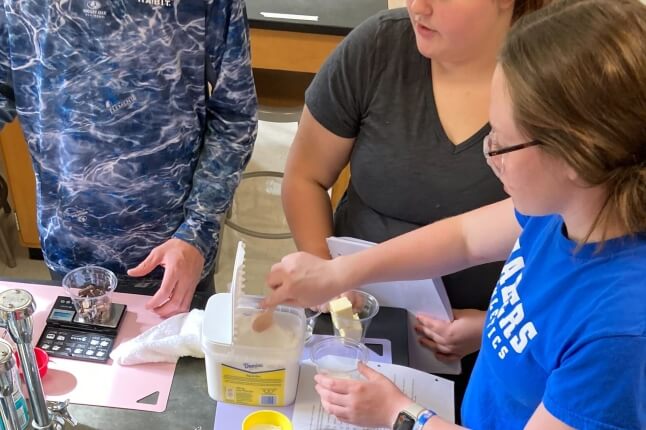News
Chef Dave Arnold offered a demonstration at the first lecture in the 2013 series. (Photo by Jon Chase, Harvard Staff Photographer.)
Four years ago, “Science and Cooking” was whipped up by the Harvard School of Engineering and Applied Sciences (SEAS) and the Alícia Foundation in Spain. The wildly popular public lecture series and companion course mix the culinary with the lab. World-class chefs and Harvard faculty illuminate research through experiments with food.
On Monday, author and New York Times columnist Harold McGee opened this year’s series with an aphorism from Jean Anthelme Brillat-Savarin’s “Physiology of Taste”: “The discovery of a new dish confers more happiness on humanity than the discovery of a new star.”
McGee dove into the history of science and cooking, starting locally with Woburn-born Sir Benjamin Thompson, Count Rumford (1753-1814), widely considered the founder of kitchen science and the backer of a physics professorship at Harvard. It was a Rumford professor, Eben Norton Horsford, who gave us, in the mid-19th century, the baking powder we find so useful today, McGee added.
Until recently, McGee said, scientific focus on cooking was always on safety, hygiene, and industrial manufacturing (such as how to can clams so they don’t spoil).
Today, the study of gastrophysics draws from psychology, culture, food structuring, and quantum chemistry, among other disciplines.
Chef Dave Arnold followed McGee with experiments and a discussion of torching, broiling, heat, and flambé...
Read the entire article in the Harvard Gazette
The lecture series continues through December. For a complete schedule, visit http://www.seas.harvard.edu/cooking.
Topics: Cooking, Applied Physics
Cutting-edge science delivered direct to your inbox.
Join the Harvard SEAS mailing list.



